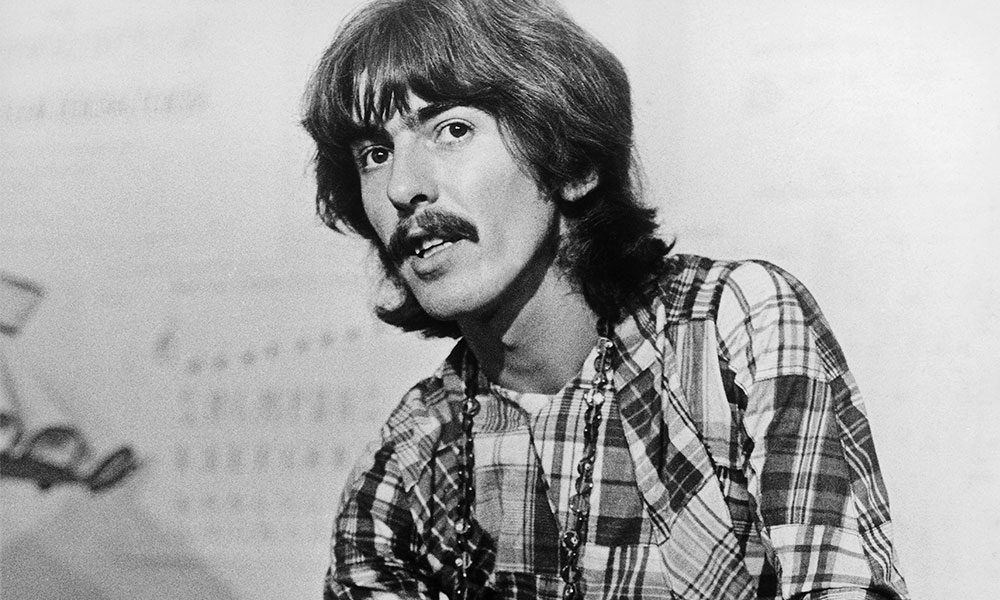Since the explosive surge of recorded music in the mid-20th century, the music industry has found itself entangled in a web of intricate legal dilemmas. Among the myriad legal disputes, accusations of plagiarism have emerged as a recurrent theme. The evolution of art inherently involves the incorporation of elements from preceding works, yet it becomes imperative to safeguard rights when artists profit from the melodies or lyrics of others without due attribution and compensation. Even iconic songwriters, such as the venerable Bob Dylan and the legendary George Harrison, have found themselves ensnared in such controversies.
Bob Dylan, a fervent disciple of folk music, honed his craft by covering and adapting traditional songs. His early compositions bore the imprint of previous musical progressions. Despite transitioning to the electric guitar and pioneering folk rock, Dylan remained steadfast in adhering to the folk process. Woody Guthrie, a pivotal influence on Dylan, once encapsulated the folk doctrine with the phrase, “That guy stole that from me, but I steal from everybody.”
In the early 1970s, George Harrison, a former Beatle, experienced little solace despite the global success of his 1970 single ‘My Sweet Lord,’ the lead track from his debut solo album ‘All Things Must Pass.’ The breakup of the Beatles earlier that year marked a significant juncture in Harrison’s solo career.
Despite the song’s widespread acclaim and enduring popularity, ‘My Sweet Lord’ failed to shield Harrison from accusations of plagiarism and subsequent legal repercussions. Bright Tunes Music, within months of the song’s release, sought to sue Harrison, alleging striking similarities between ‘My Sweet Lord’ and The Chiffons’ 1963 hit ‘He’s So Fine.’ Surprisingly, even John Lennon, Harrison’s former bandmate, acknowledged that The Chiffons had a legitimate grievance.
In the book ‘All We Are Saying: The Last Major Interview with John Lennon and Yoko Ono,’ Lennon candidly discussed the protracted legal battle: “Well, he walked right into it. He knew what he was doing.” Lennon suggested that Harrison, being astute, must have been aware of the resemblance. Despite initial negotiations by Harrison’s manager, Allen Klein, the case lay dormant until 1976 when Bright Tunes Music declared bankruptcy.
The legal landscape changed with Allen Klein’s departure from Harrison’s team, as he sought to tarnish the musician’s reputation. Despite Harrison’s offer of $148,000 for resolution, the opposition remained resolute. The trial unfolded on February 23rd and 25th, 1976, delving into the intricate details of the two songs. The court concluded that while Harrison did not consciously copy ‘My Sweet Lord,’ he was guilty of “subconscious plagiarism,” leading to a verdict on August 31st, 1976, mandating a $1.6 million compensation payment.
The situation further complicated in 1978 when Klein’s company, ABKCO, acquired Bright Tunes for $587,000, prompting another legal skirmish initiated by Harrison. In 1981, a judge ruled that Klein could only retain the purchase amount, with additional proceeds reverting to Harrison. The protracted legal saga concluded in 1993, with Harrison reflecting on the enduring impact: “It’s difficult to just start writing again after you’ve been through that. Even now, when I put the radio on, every tune I hear sounds like something else.”
John Lennon, in a poignant remark shortly before his death in 1980, reflected on the case, stating, “George could have changed a few bars in that song, and nobody could have ever touched him, but he just let it go and paid the price. Maybe he thought God would just sort of let him off.” The long-lasting ramifications of the ‘My Sweet Lord’ plagiarism case lingered, shaping the creative landscape for Harrison and serving as a cautionary tale for artists navigating the intricate realm of musical composition.

